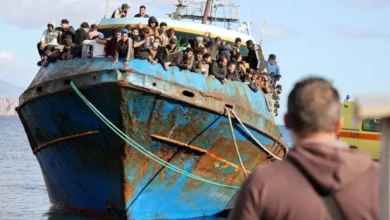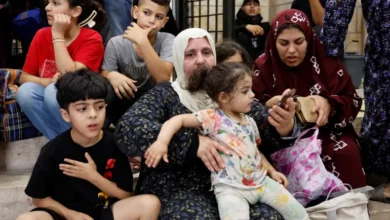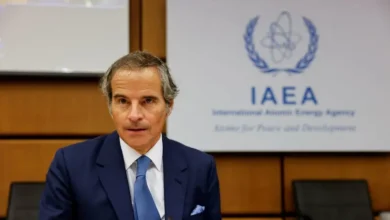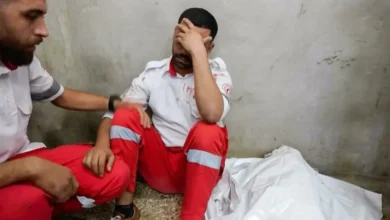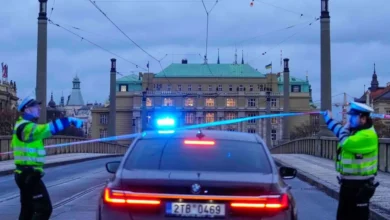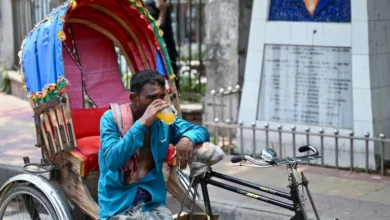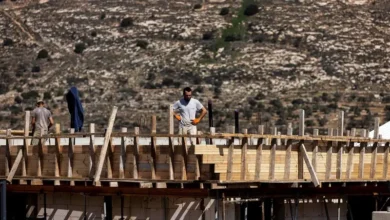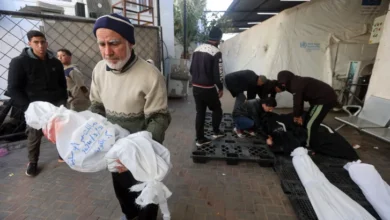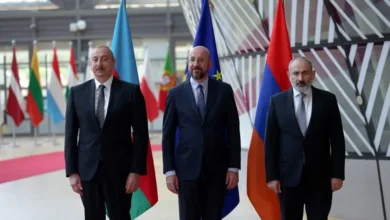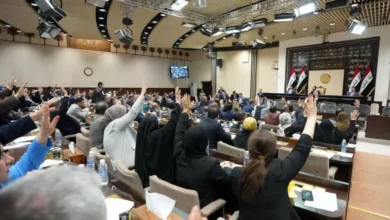At Gaza’s Indonesia Hospital, medics fight to save lives amid Israel raids
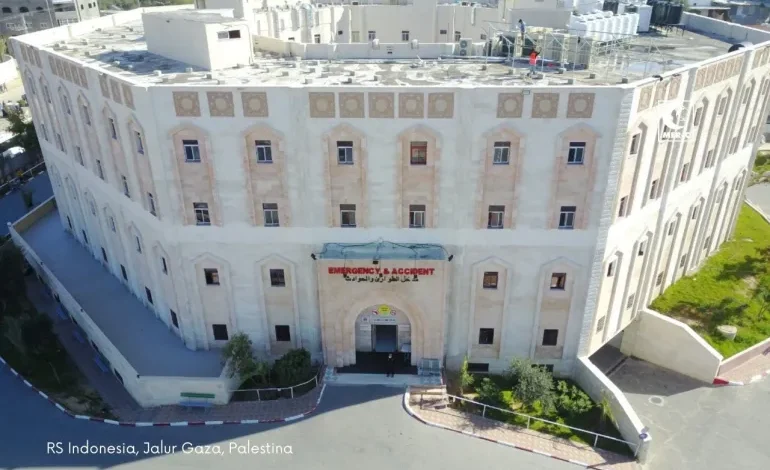
An Indonesian-funded hospital in Gaza is struggling to treat a deluge of patients wounded in Israeli bombardment amid dwindling medicine stocks and blackouts that have forced doctors to operate in darkness, a volunteer organisation has said.
Fikri Rofiul Haq, a volunteer for the Indonesia-based Medical Emergency Rescue Committee (MER-C), which organised donations to build the hospital in 2011, told Al Jazeera that Indonesia Hospital has been inundated with patients after weeks of relentless bombing by Israeli forces.
“At the Indonesia Hospital alone, 870 people have died and 2,530 people have been treated for injuries. Some 164 patients are still hospitalised,” Haq told Al Jazeera.
“Around half the population of Gaza has evacuated to places people think are safer than their homes, like schools and hospitals, including the Indonesia Hospital. More than 1,500 residents have fled to the Indonesia Hospital and are camping in empty rooms and the hospital courtyards.”
Last week, the hospital lost power due to a blackout caused by a lack of fuel as Israel’s blockade of the enclave prevented the entry of essential supplies.
“We are trying to find fuel to power the Indonesia Hospital following the blackout, which lasted for over an hour. Doctors had no choice but to perform operations and treat patients without any light,” Haq said.
“The Indonesia Hospital really needs medical assistance and hospital personnel are exhausted because they are being forced to work 24 hours a day.”
Haq said getting aid to the hospital had been a challenge, but the MER-C had elicited donations from Indonesians and other aid organisations in Gaza and volunteers had been able to deliver some supplies to the hospital on October 19 and October 24.
“We were able to get some medicine and other medical equipment, but there is still a lot of medicine we do not have in stock because it has run out,” he said.
Humanitarian mission
There are 45 Indonesians currently based in Palestine – 10 in Gaza and 35 in the occupied West Bank – according to the Indonesian Ministry of Foreign Affairs.
There also are some 230 Indonesians based in Israel, many of whom are there for religious tourism.
The Indonesia Hospital is located in Beit Lahia, a city of about 90,000 people in northern Gaza, and sits on some 16,000 square metres (19,136 square yards) of land donated by the government of Gaza in 2011.
The hospital cost almost $8m to build and was funded by donations from Indonesian citizens in conjunction with organisations including the Indonesian Red Cross Society and the Muhammadiyah Society, one of Indonesia’s largest Muslim organisations.
MER-C – which describes its mission as helping the “most vulnerable people” regardless of background, religion, nationality, ethnicity, class, or criminal status – was founded by a group of University of Indonesia students who carried out medical procedures in Maluku in eastern Indonesia in 1999, during the sectarian conflict between Christian and Muslim communities.
Since its creation in 1999, MER-C has conducted humanitarian missions in conflict-hit countries, including Afghanistan, Iraq, Iran, Palestine, Lebanon, Sudan, the Philippines and Thailand.
The organisation has provided medical assistance to some controversial patients, including Abu Bakar Bashir, the head of the al-Qaeda-linked group Jemaah Islamiyah, and a number of the preparators of the Bali bombings before they were executed in 2008.
The Indonesia Hospital has also received more than $63,000 in donations from the Islamic Defenders Front, which was banned in Indonesia in 2020, to establish a blood bank.
Indonesia’s then-Vice President Jusuf Kalla officially inaugurated the hospital, which has about 100 beds, four operating theatres and an intensive care unit, in 2016.
